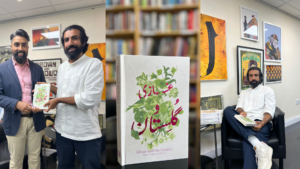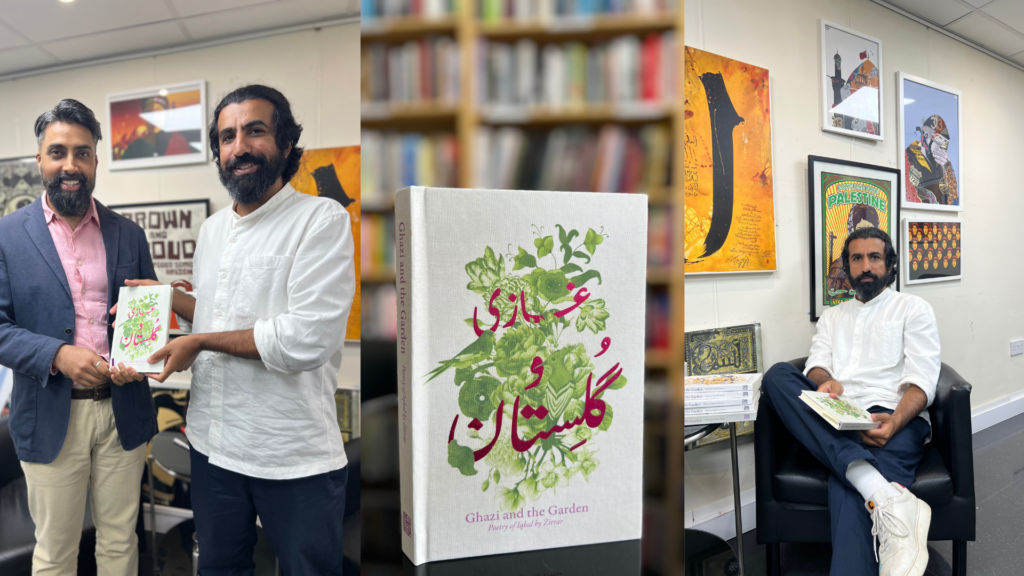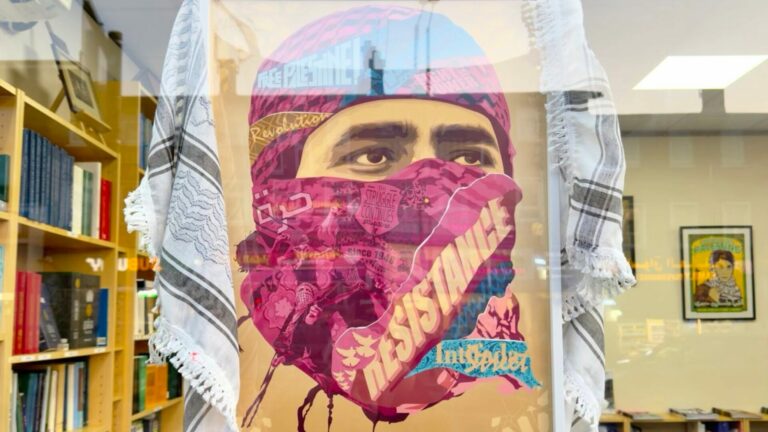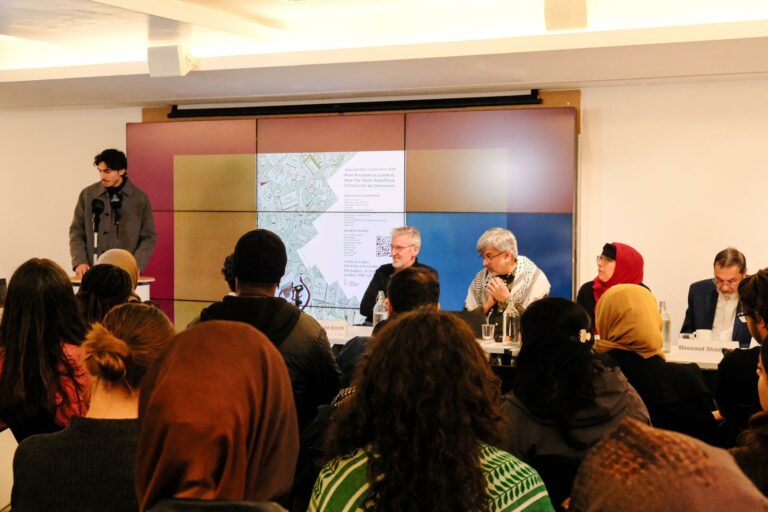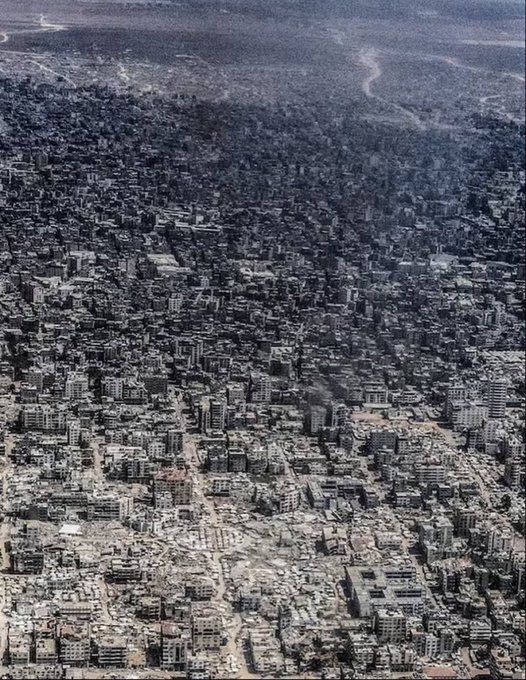On Friday 26 August 2022, IHRC hosted an event with renowned writer and author Zirrar to discuss his new book Gazi and the Garden, a “modern collection of English translations of poetry by Muhammad Iqbal.” Muhammad Iqbal is “considered by many to be the last of the great classical Persian poets, and the first of the modern Muslim philosophers, Iqbal’s work has been pivotal in anti-colonial movements and revolutions throughout the Muslim world in the 20th century.”
Purchase Ghazi and the Garden here.
WATCH THE FULL EVENT:
The event was chaired by Talha Ahsan, host of the Abbasid History Podcast which is sponsored by IHRC. Talha began with an introduction to Zirrar and discussed the many cities places Zirrar has visited. Please note, the conversation has been slightly edited for better readability.
Zirrar: The last place I visited was Germany. I was in Syria most recently – that was probably the most interesting trip I have ever had. I hd been trying to go [Syria] for a long time so alhamdulillah I’ve managed to go, as things are relatively stable now in Damascus.
Talha: I guess due to the pandemic, to be a travel writer must have been quite difficult?
Zirrar: Yes, I started travelling within London, which was interesting, and seeing it from a different perspective and this is where the orientalist work comes in. I was trying to step outside of my zone and imagine ‘what would somebody who is not from London, view London as?’, the way the Europeans view the East. Anthropologically, how do they behave? What is the environment like? For two years during the pandemic, I was just going around London, and experiencing London from a different lens and you get to understand things slightly differently from that perspective.
The shrines of British colonialism; the British Museum, The V&A… I go [to these places] once a month at least just to revisit our history and their history, or our history through their eyes. If you cannot travel, museums are a really good way to experience travel. In many people’s eyes, museums are essentially like what Iran is like. If you go to the V&A, you’ll see the Iran collection or the Islamic art collection. That is what you would see in Khashaan essentially but obviously there’s a difference. You can read the history, you can see the things in its own way. It tells you about the way Europeans have projected our image through the museum, which is a whole different conversation but to travel you need to take away the blanket of comfort and realise that it is very different. This is why when visiting Syria, I wanted to see it first-hand; I have been seeing Syrian things in museums for decades. I just wanted to see what it is like in Syria and that is a unique experience.
Talha asks about Muhammad Iqbal’s popularity in Syria and about Muhammad Iqbal himself.
Zirrar: So, Iqbal is interesting for a few reasons. When I talk about Iqbal, I like to say to people “pretend he is not from Pakistan or from Hindustan”. Imagine him as a homeless poet and his work then makes more sense, because if can you go to Pakistan today you would have read the same things your parents would have read or their parents would have read. But there is a body of work that people don’t typically read with Iqbal because it does not fall in line with the nationalism within Pakistan. But when Iqbal was around, which was the beginning of Nationalism if you like, or Islamism, which really was born by Al-Afghani for example which Iqbal wrote about. His work goes across the Muslim world which does not happen anymore. An Egyptian to be singing or speaking Iqbal is bizarre but at that time we were really a different world because Iqbal was speaking about the Ottomans, the Persians. Muslims were going to Japan for example, to learn about what does it mean to be a modern state against colonialism, so the East was actually much closer at that time in terms of how you deal with the threat of colonialism and how to get the Colonialists out of our land. There was a lot of back and forth between Egypt, Iran, Turkey, Hindustan even Indonesia, Japan and China. So, now it seems weird that we would go to Tokyo for example right, to learn about anti-imperialism but this was very much the way it used to be back in those times. Egyptians for example would go to Tokyo all the time; “how did the Japanese defeat the Russians in 1905?”, for example. We were looking at each other, not even Muslims, across the eastern Front, so Iqbal’s poetry just made sense.
Zirrar went on to explain that his goal is to make Iqbal’s poetry more mainstream and more accessible like Jalaaluddin Rumi. The event discussed political themes surrounding Iqbal’s poetry especially decolonisation. This event would be of interest to anyone interested in the fields of poetry, history, racism, and decolonisation.

